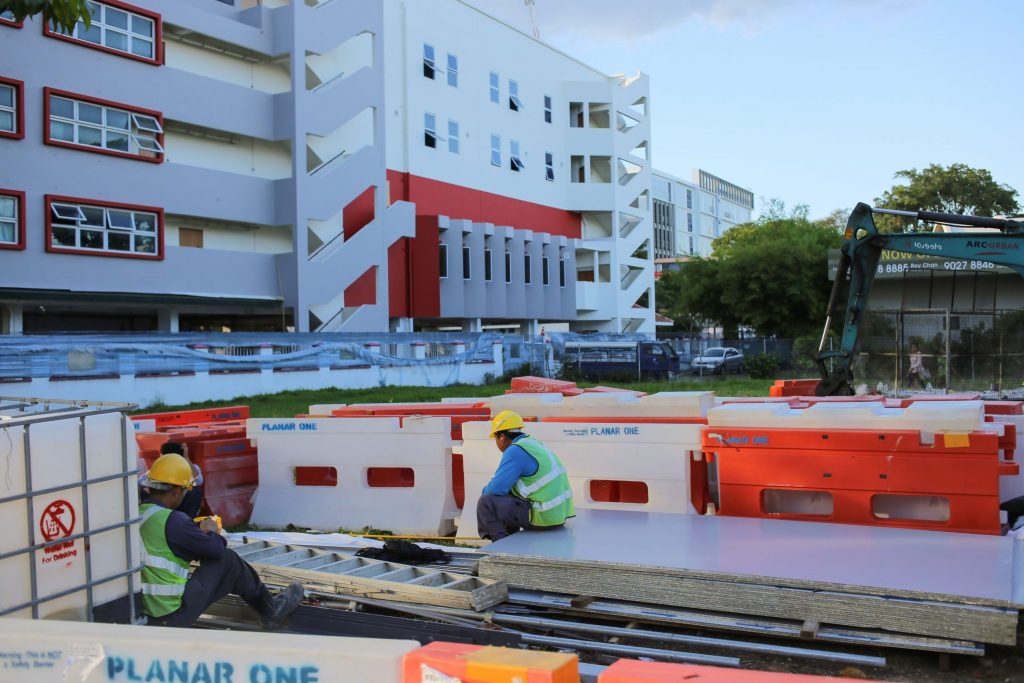Against The Grain: Erring modernisation and development
March 19, 2021

The modern scientific and technological world is often criticised to be isolating, alienating and absent of meaning. Professor Syed Farid Alatas (NUS Sociology and Malay Studies) reflects on these criticisms through the lens of Muslim religious and philosophical thoughts in ‘Against The Grain: Erring modernisation and development’, an article in The Edge Markets.
Modernisation and capitalism have reshaped societies worldwide by introducing a scientific ethos that is backed by bureaucracy, efficiency and calculability. Although modernisation has created more jobs, and raised educational standards and material standards of living, it has also resulted in overspecialisation, hierarchies and impersonality. These negative consequences create emotional barriers between people, dehumanise work, and could lead to negative treatment from elites. Such problems with modernisation are what scholars call ‘erring modernisation’, or modernisation gone wrong.
Prof Alatas notes the various Muslim criticisms of modernisation. Muslim scholar Syed Muhammad Naquib Al-Attas argues that secularisation has caused disenchantment or the ‘removal of the divine from the scheme of things’. Another Muslim scholar, Syed Hussein Alatas, further suggests that modernisation created flawed developing worlds as state elites and intellectuals introduced science and technology into society without accounting for their shortcomings. As a result, societies are increasingly indifferent towards the law, and more accepting of negative practices such as corruption, maladministration, and uncritical adoption of development projects.
Prof Alatas emphasises that Muslim criticisms of modernisation are not xenophobic but critical of the structural and cultural changes that have shaped modern civilisations. As modernisation’s problems are likely to remain in the near future, he suggests that greater awareness of modernisation’s non-economic implications on society will support the self-directed and comprehensive development of Muslim societies.
Read the full article here.
